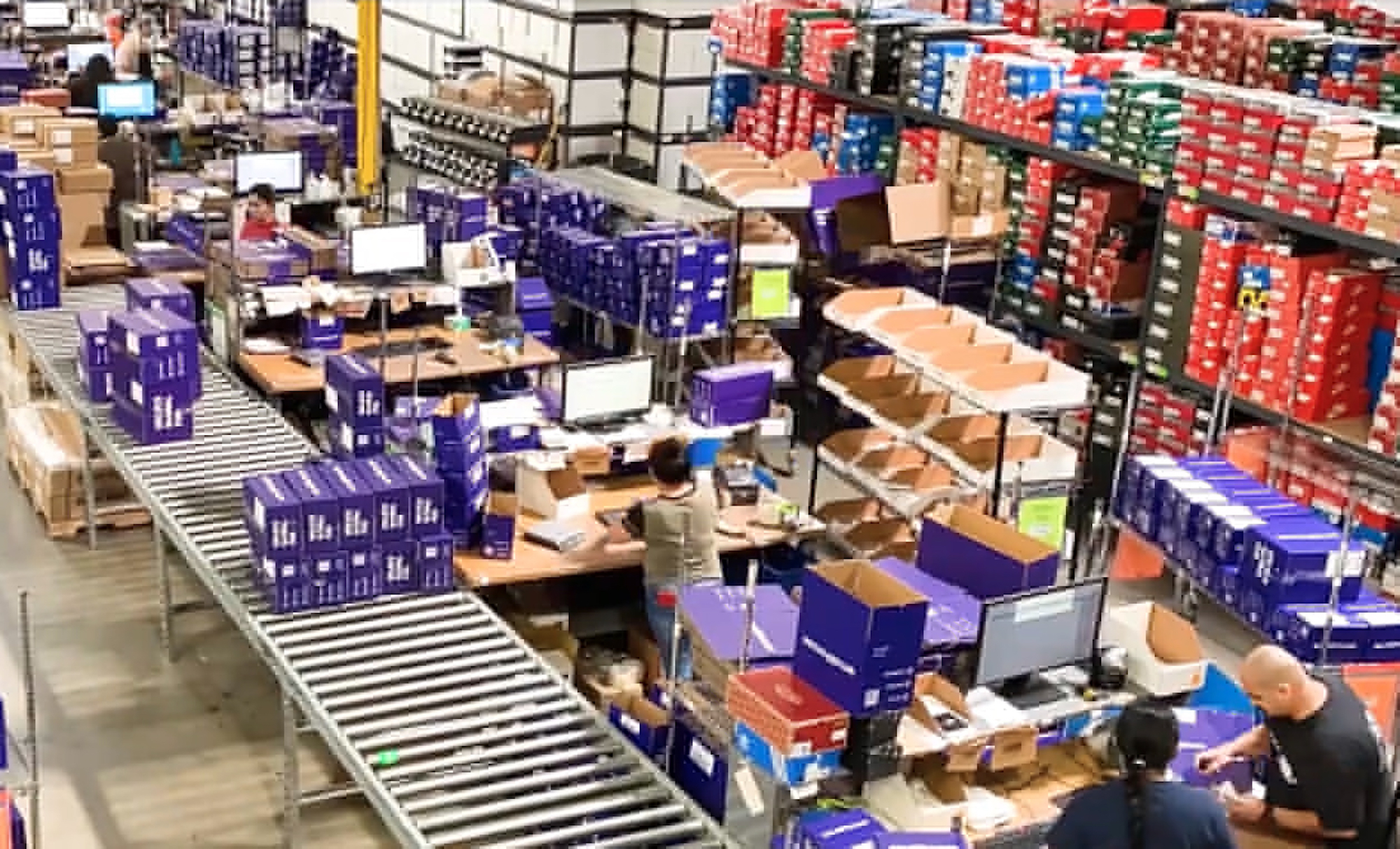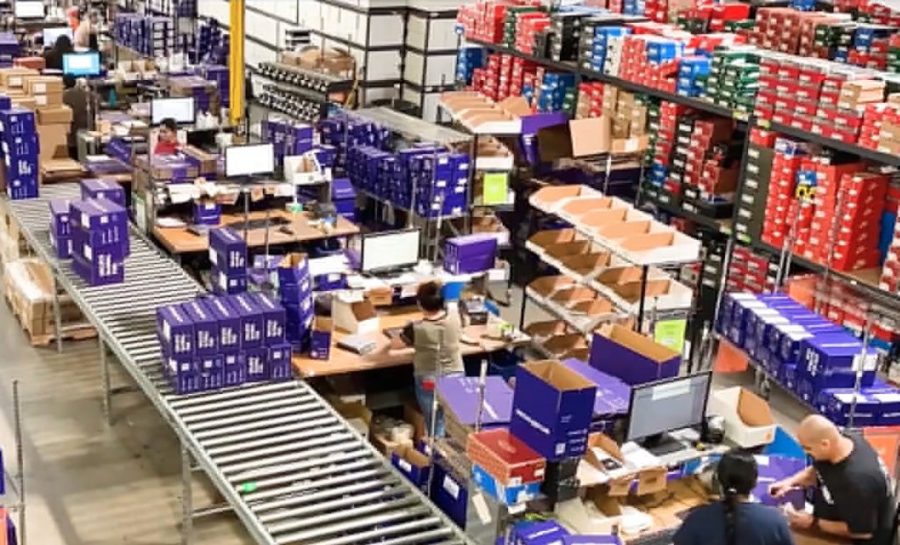Alibaba’s logistics arm Cainiao Smart Logistics Network has opened its Latin American headquarters in São Paulo, Brazil.
Cainiao ships most AliExpress orders from China to Brazil operating eight charter flights a week.
Low-cost drones and Bluetooth headphones are among the most popular products for local customers.
The company’s international e-commerce platform AliExpress recently turned to South Korea and Brazil, in addition to a lengthy attempt to push into Europe.
The logistics business, which also operates in China, accounted for 6 per cent of Alibaba’s revenue in the quarter ended 30 June. Cainiao also works with local merchants in Brazil.
The company has officially opened a package sorting centre in the country, following the launch in October of sorting centres in Mexico City and Santiago, Chile.
The company said its local express delivery network covers more than 1,000 cities in Brazil, with one-day delivery to customers in São Paulo and some other cities.
Over the next three years, Cainiao said it plans to set up 1,000 more lockers in 10 cities in Brazil for package and food delivery.
The company also said it aims to launch nine more distribution centres in seven states in Brazil.
Cainiao said its expansion will also help Brazilian businesses sell goods such as coffee, nuts and propolis – a health product – to Chinese consumers via Alibaba’s Tmall e-commerce platform.
Alibaba took majority control of Cainiao in 2017. As of May 2018, Cainiao was one of the largest unicorn companies in China, valued at more than 100 billion yuan.
Cainiao ensures delivery within 24 hours to any region of China. The company also shares resources with other logistics companies.
The logistics arm still completes shipments and does business with other companies – most of Cainiao’s revenue comes from those third parties.
In the quarter ended 30 June, the logistics business’ revenue grew by 5 per cent year-on-year to 12.14 billion yuan (US$1.71 billion).
In contrast, Alibaba said revenue from its international commerce retail business that quarter fell by 3 per cent year-on-year to US$1.57 billion, due primarily to challenges in the European market. China commerce, the company’s biggest business by far, saw revenue fall by 2 per cent to US$20.45 billion.






